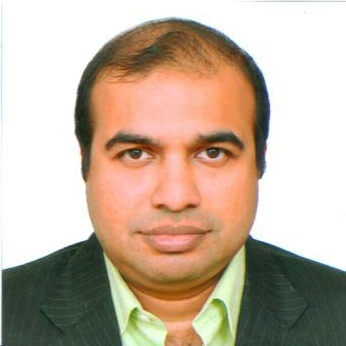About the course:
Systems engineering is a discipline that utilizes an inter-disciplinary problem-solving approach across the entire technical effort irrespective of whether the systems or the systems of systems are for military, industrial, commercial or civil applications. This course will provide an overview of both theory and practice of the systems engineering discipline along with systems engineering design approach. The aim of the course is also to equip students with capability to develop system solutions that optimally fulfill customer objectives with available resources. Focus will be on creating know-how on solving open-ended problems, utilizing creativity, problem formulation, generation of need statements, requirements analysis, alternative solutions generation and examination, concurrent engineering design, enforcing various realistic aspects such as safety, reliability, manufacturability, operations, aesthetics, ethics, and sustainability.
INTENDED AUDIENCE : Students of all engineering disciplines, specifically, Aerospace, Mechanical, Electrical, Civil, Chemical, and Computer Science
PREREQUISITES : The student should have either completed an engineering degree or is enrolled in the program and have completed at least six semesters of the curriculum
INDUSTRY SUPPORT : HAL, BHEL, BEL, L&T, Automotive companies, Aerospace and defense companies, DRDO, Boeing, Lockheed, Airbus, Brahmos, ISRO, VSSC, etc.

DOWNLOAD APP
FOLLOW US